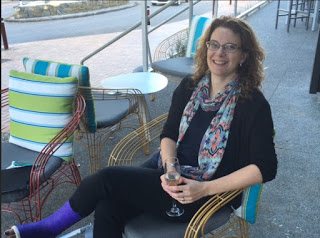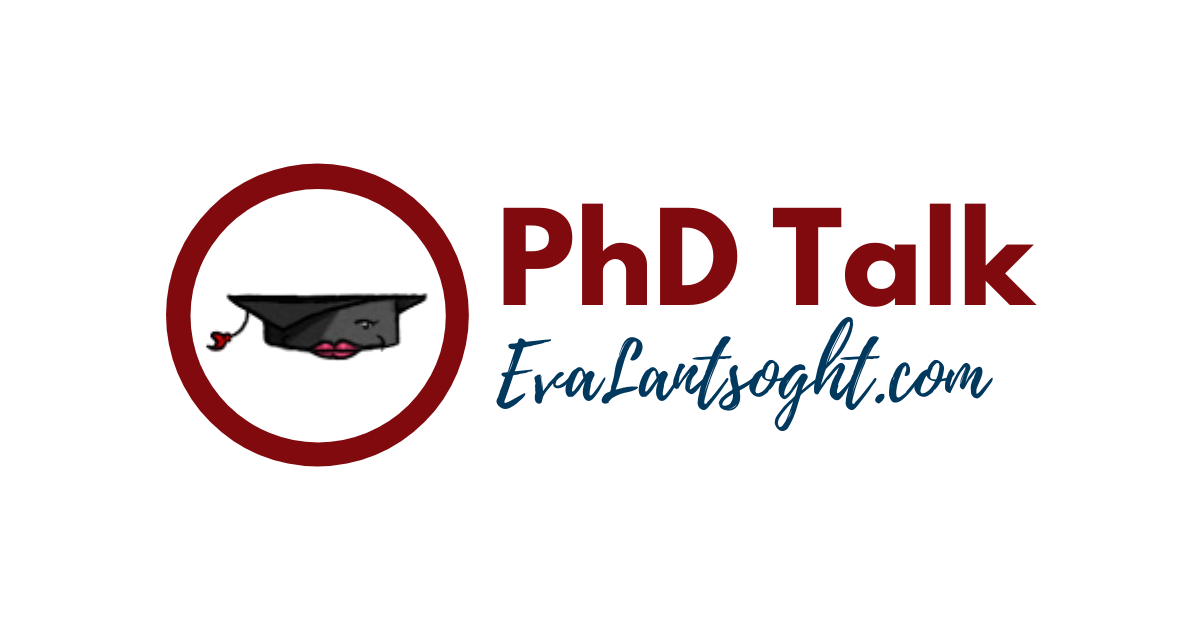PhD Defenses around the World: a Viva in New Zealand
 Felicity Bright is a rehabilitation researcher and lecturer at AUT University in Auckland, New Zealand. Her professional background is in speech-language therapy. She recently defended her PhD, entitled “Reconceptualising engagement: A relational practice with people experiencing communication disability after stroke”. Felicity is currently working to disseminate findings. She is exploring how best to work with rehabilitation practitioners to implement the knowledge gained through her PhD, and is working on several projects to extend her doctoral research.
Felicity Bright is a rehabilitation researcher and lecturer at AUT University in Auckland, New Zealand. Her professional background is in speech-language therapy. She recently defended her PhD, entitled “Reconceptualising engagement: A relational practice with people experiencing communication disability after stroke”. Felicity is currently working to disseminate findings. She is exploring how best to work with rehabilitation practitioners to implement the knowledge gained through her PhD, and is working on several projects to extend her doctoral research.
In New Zealand, it is common to do a viva as part of the PhD examination process. It is compulsory at most universities. At AUT University, the viva is attended by the convenor (a senior academic member of the university staff who oversees the process and ensures it follows regulations and is fair to the student), the three examiners, the student and their supervisor/s. The examiners may attend in person or via videoconference. The supervisors are there to support the student and may not participate in the viva.
My viva was scheduled in late March, four months after I submitted my PhD for examination. One week prior to the viva, my primary supervisor and I met the convenor to discuss the viva. At this time, I found out who my examiners were and received their reports. I had had several conversations with my supervisors and suggested names; the three examiners were all people we had discussed over the course of my study. The reports were de-identified, though it was possible to guess who wrote which report (and my guesses were correct!). I took a few days to read and digest the results. I discussed them with colleagues, and did several mock vivas with my supervisors.
However, five days prior to my viva, I broke my foot. I spent two nights in hospital and had surgery. While I was initially convinced I could do the viva as planned, it didn’t take long for me to realise that wasn’t going to be possible. I couldn’t sit for more than 20 minutes, let alone have a robust scholarly discussion about my research! The university postgraduate office was able to reschedule the viva for two weeks’ time. This extra time gave me some breathing space. After my mock vivas, I’d been highly anxious. That anxiety dissipated and I went into the viva feeling cautiously confident: confident in my knowledge and my contributions to knowledge, and confident in my ability to answer questions, even the tricky ones!
On the day of the viva, my supervisor and I arrived at the University Postgraduate Centre, where all vivas are held. The staff were welcoming and showed me into a waiting room which they’d set up for me, with extra chairs and pillows. I had a last minute change of convenor, so met her briefly before it started. While I waited, the postgrad staff were getting the videoconference organised. One examiner was in the country on holiday and was able to attend in person; the other two were on video. I was called in fairly quickly and re-introduced to everyone. I’d met all of my examiners at different times – aphasia rehabilitation research is a rather small world!
My convenor explained there would be four core themes they would focus the questions around, and I was invited to start the viva by providing an overview of my research. I spent about five minutes discussing the research, starting with the experiences which prompted my research, through to detailing the novel contributions my research made. I then spent the next hour or so responding to their questions. When the examiners submitted their reports, they provided a list of questions. These were not given to me, but the likely areas were evident in their written reports. The viva was did not take a transactional question-answer format. Instead, it was a discussion which occurred in response to questions about the research methodology, process and findings. The examiners also queried how the findings connected to other research in the field, and discussed areas for future research.
After an hour when the examiners had asked their questions, my supervisor and I left the room while they deliberated. When I was called back in, I was advised of the outcome. I passed with no amendments, bar correcting spelling errors. After this, the convenor left. After a brief chat with the examiners on videoconference, they signed off, but my supervisor and I kept chatting with on-site examiner for a while longer. This was a nice relaxed way to finish.
My viva was an enjoyable process. The time passed so quickly. While I’d been a little nervous before arriving, as soon as I went into the examination room, I felt at ease. As I’ve heard others say, the viva is the only time you have the opportunity to discuss your research with three topic/methodology experts who have read your work and are interested in it. My examiners asked some challenging questions (tip: always have a sip of water before answering the question – it gives you some time to think). They were all interested and encouraging and made thoughtful suggestions for how I could extend my research further. My supervisor made notes throughout the viva, which meant the key questions and areas for further consideration are captured for me to reflect on further. The viva was a very positive experience, and I’m very pleased I had the opportunity to discuss and defend my work.
After the viva, there was champagne. My colleagues came, as did my second supervisor, and I was able to start to relax, before heading home to the onslaught of small children and the routine of everyday life. Later that week, I went through the thesis, fixed the spelling errors, had a last minute issue with Endnote (thank goodness for the patient university librarian), then submitted it to our online repository, printed copies for the university, myself and my supervisors, and wrote the synopsis for graduation in July.
